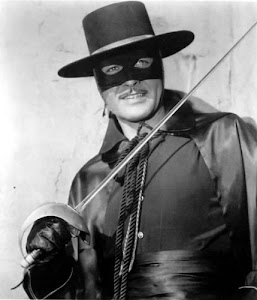 In Mere Christianity, C. S. Lewis writes of a natural law which guides our behavior. He contrasts this natural law with scientific laws such as gravity. Gravity is verifiable by observation. It does not describe how things should behave, but how they do behave. No matter how determined I may be, I cannot jump off a cliff and decide to fall up. On the other hand, Lewis's natural law does not describe how persons do act, but how they should act. [1] In fact, scientific observation could only determine there is no such natural law guiding humanity's behavior, because we break the law so consistently. [2] However, the fact that we acknowledge such a law is evidenced in the excuses we make for breaking it. When our behavior is congruent with the natural law, we pat ourselves on the back thinking we are very fine human beings, indeed, but when our behavior violates this law it is because we had a bad day, or we were extra tired. [3]
In Mere Christianity, C. S. Lewis writes of a natural law which guides our behavior. He contrasts this natural law with scientific laws such as gravity. Gravity is verifiable by observation. It does not describe how things should behave, but how they do behave. No matter how determined I may be, I cannot jump off a cliff and decide to fall up. On the other hand, Lewis's natural law does not describe how persons do act, but how they should act. [1] In fact, scientific observation could only determine there is no such natural law guiding humanity's behavior, because we break the law so consistently. [2] However, the fact that we acknowledge such a law is evidenced in the excuses we make for breaking it. When our behavior is congruent with the natural law, we pat ourselves on the back thinking we are very fine human beings, indeed, but when our behavior violates this law it is because we had a bad day, or we were extra tired. [3]Romans 3:20 reads: Therefore no one will be declared righteous in his sight by observing the law; rather, through the law we become conscious of sin. (NIV) In another place Paul writes: I do not set aside the grace of God, for if righteousness could be gained through the law, Christ died for nothing. (Galatians 2:21 NIV) Too often we read the Romans passage and acknowledge that it is the law that identifies sin, as in, That's a sin; that's not. That's not what Paul is saying. His point is that the law reveals our sinfulness in that we know right from wrong, but cannot do what we know we should do. To bring this point home, Lewis writes: No man knows how bad he is till he has tried very hard to be good. [4]
That's why we need Jesus. Read this. We'll unpack this some more Sunday morning. Hope to see you then.
[1] C. S. Lewis, Mere Christianity rev. ed. (San Francisco: Harper, 1980), 17.
[2] Ibid., 24.
[3] Ibid., 8.
[4] Ibid., 142.




No comments:
Post a Comment